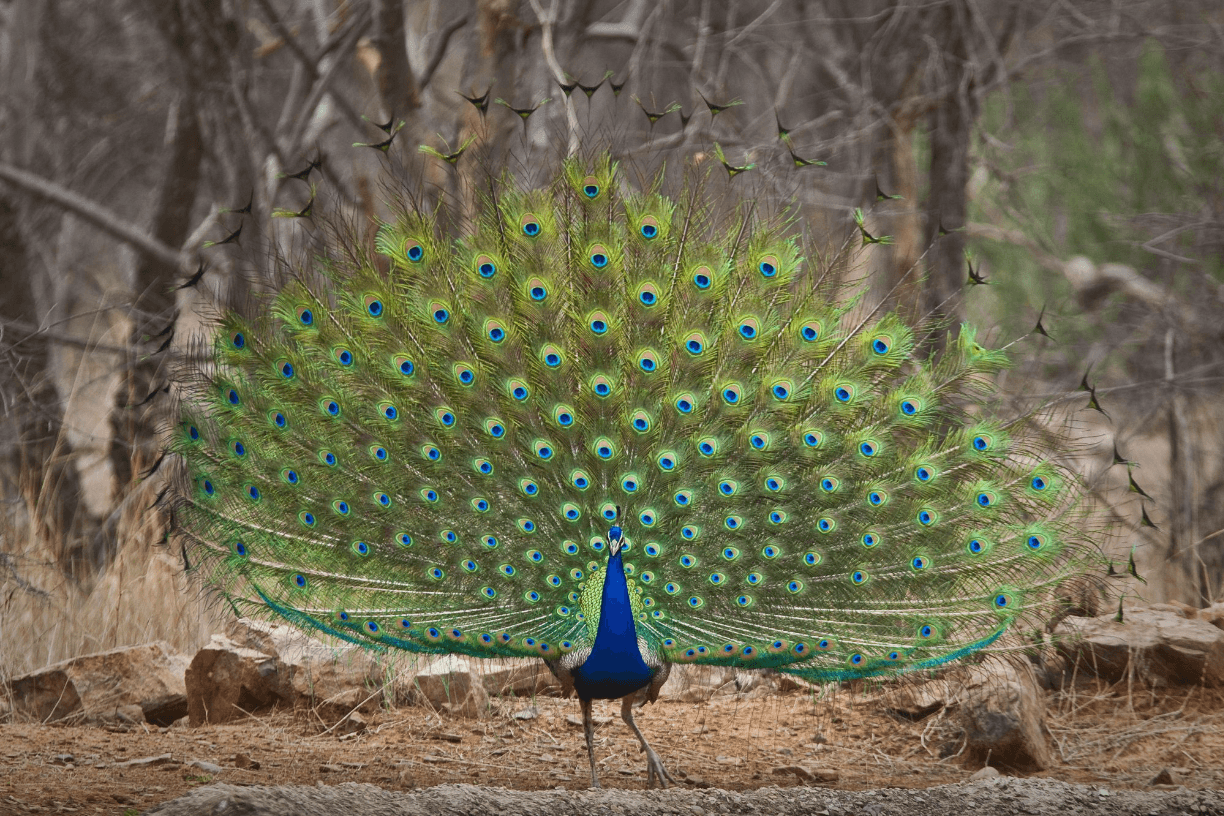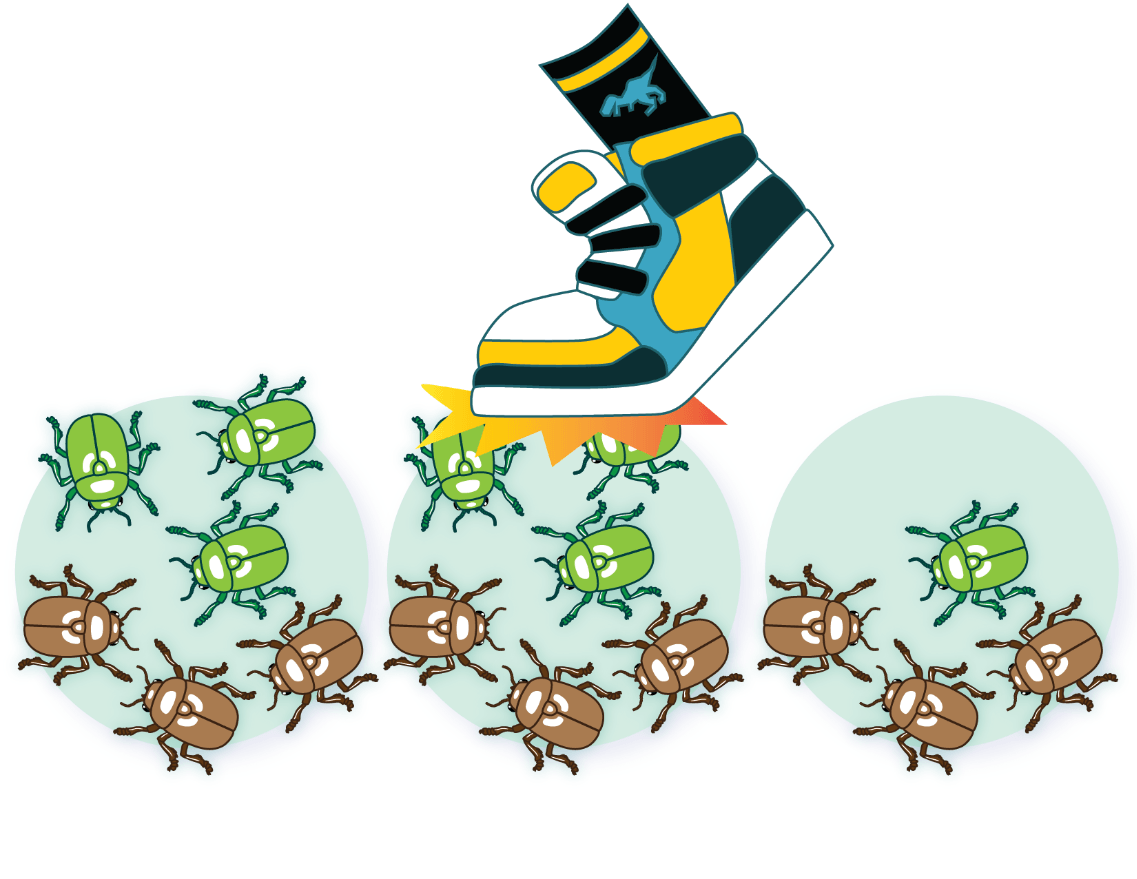The scientist who figured out how natural selection works
Charles Darwin
A group of organisms that share common characteristics and are able to produce fertile offspring
Species
A group of organisms that are all the same species
Population
The 4-word phrase that is sometimes used to describe natural selection.
"Survival of the fittest"
This is required for natural selection to occur, in addition to variation and heredity.
Unequal chance of survival/reproduction
Differences among a population of organisms (ex. some bunnies have white fur and some have brown fur)
Variation
Characteristics that vary in a population. For example, humans have different eye colors.
Traits
Small changes over generations (like antibiotic-resistant bacteria or finches with slightly larger beaks)
Microevolution
A trait that makes an organism suited for its environment
Adaptation
A trait that can be passed on to offspring is ______ (synonym: genetic)
Heritable
The external surroundings of an organism (includes living and non-living things)
Environment
When organisms migrate, and their genes become part of a new population causing genetic change in the population over time.
Gene flow
Changes in a population over generations
Evolution
Complete dying out of a species, when there are no living individuals of a species left
Extinction
Like natural selection, but instead of having an advantage in survival, traits give organisms an advantage in reproduction.
Sexual selection

The ability to survive and reproduce
Fitness
Random changes in a gene
Mutation
Traits that provide an advantage to survival will become more prevalent in future generations.
Natural selection
When a population changes due to random events instead of natural selection.

Genetic drift
Can animals change their traits in order to better suit their environment?
NO!
The POPULATION changes over generations because the ones that are better suited are more likely to survive or reproduce!